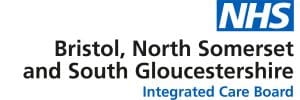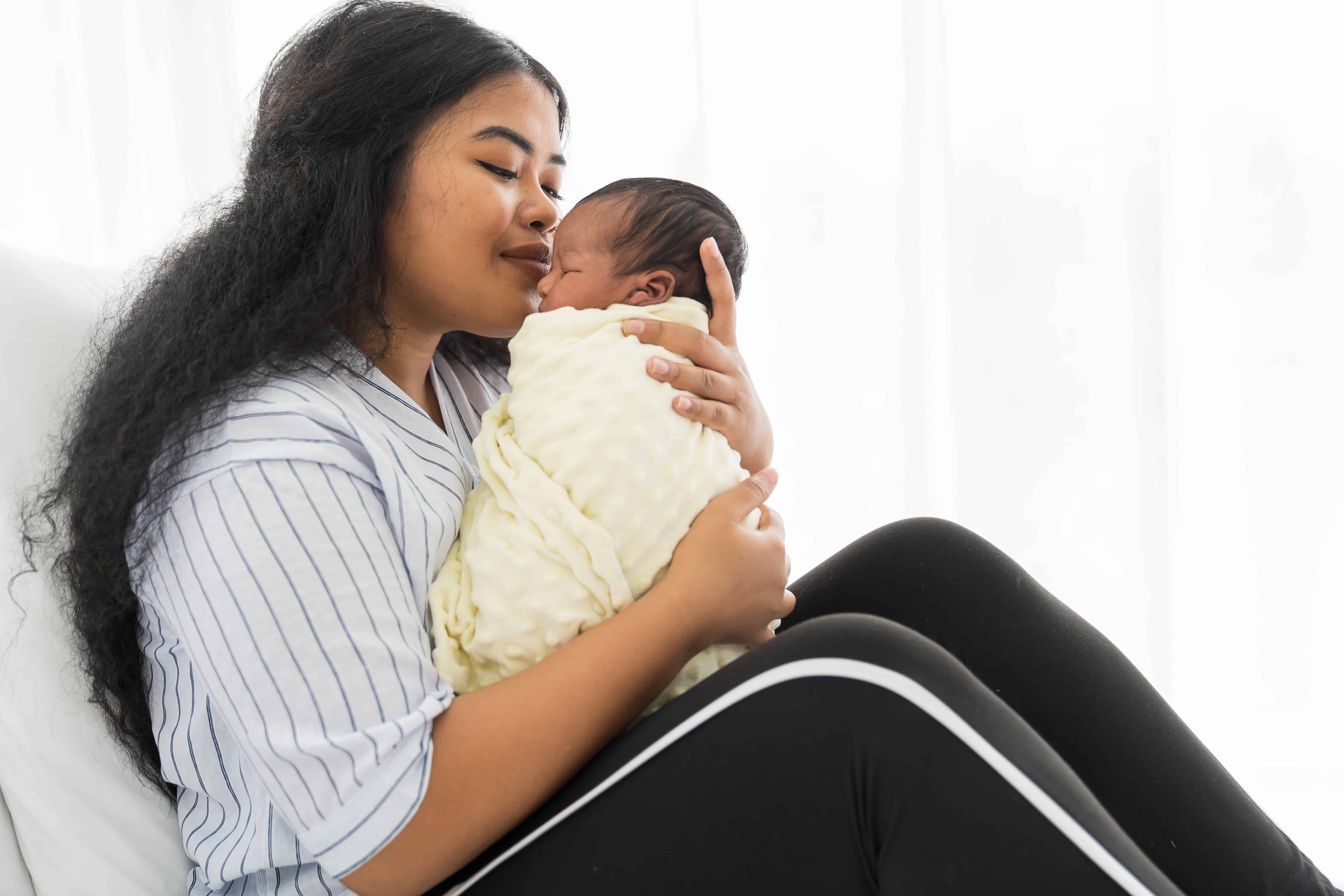Maternity and Neonatal Equity and Equality Action Plan
This page sets out how Bristol, North Somerset and South Gloucestershire ICB will continue to work towards achieving Maternity Services equity and equality outcomes for our women and their families, for the population of Bristol, North Somerset and South Gloucestershire.
This will be achieved through working closely with our acute maternity service providers – North Bristol Trust (NBT) and University Hospitals Bristol and Weston (UBHW) within local hospital and community settings.
Our improvements will be based on service user and population data, and working towards achieving specific equitable maternity outcomes where inequality is evident.


